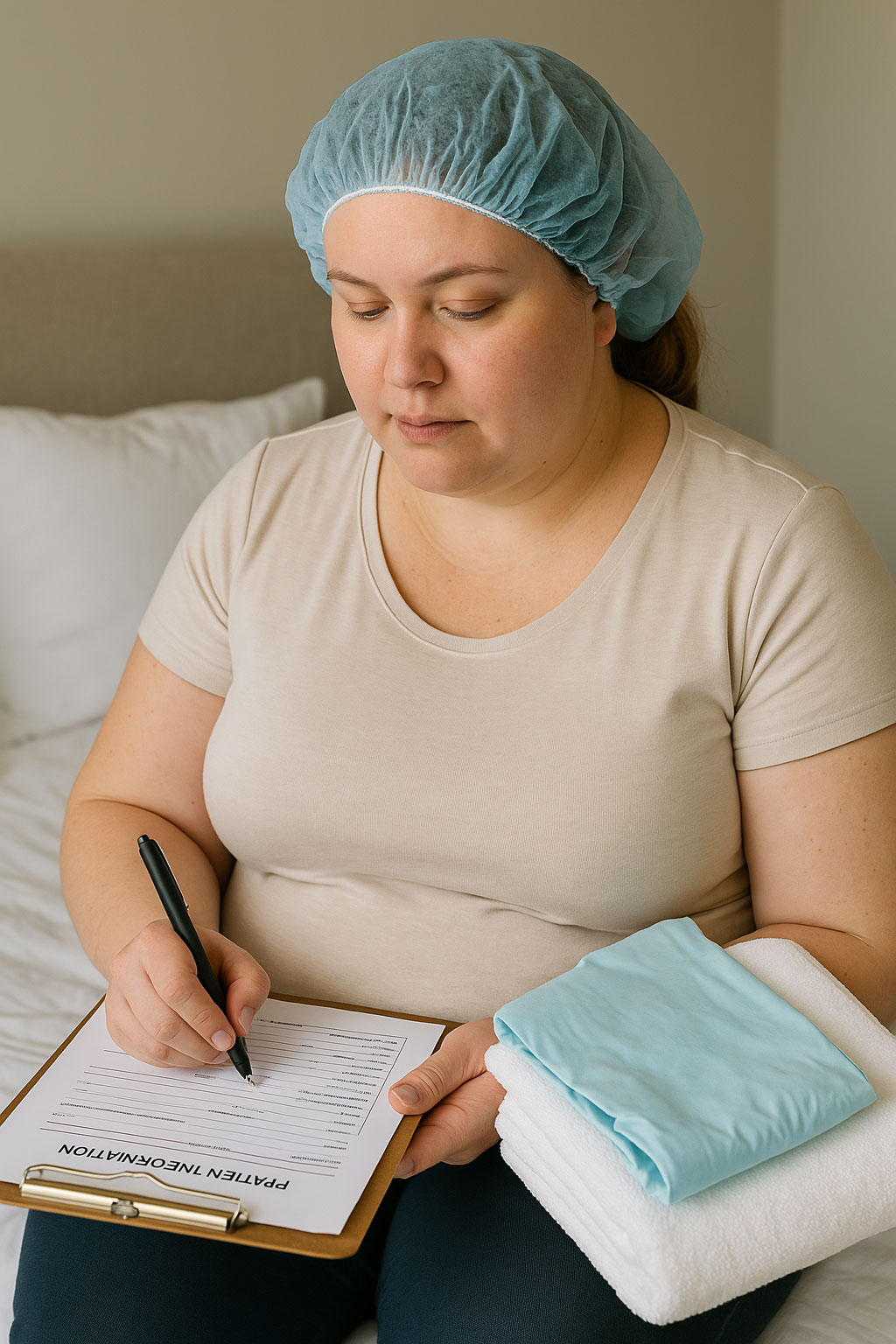What You Need to Prepare Before Surgery: A Patient’s Essential Checklist

Preparing for surgery—whether elective or medically necessary—can feel overwhelming. But with the right planning and mindset, you can help ensure a smoother operation and a faster, more comfortable recovery.
Whether you’re undergoing cosmetic surgery, orthopedic procedures, or abdominal operations, here’s what you need to know and do before surgery day arrives.
✅ 1. Follow Pre-Operative Instructions from Your Surgeon
Your doctor will provide you with specific pre-op instructions tailored to your surgery. These may include:
Fasting guidelines (no food or drink after midnight)
Medication adjustments (e.g., stop blood thinners, herbal supplements, or hormone therapy)
Showering protocols (using antibacterial soap before surgery)
No makeup, lotions, deodorant, or jewelry on surgery day
📌 Always follow these directions carefully—they are designed to reduce risks such as infections or complications during anesthesia.
🩺 2. Prepare Your Body
Getting your body into its best possible condition will support healing:
Eat a balanced diet in the weeks before surgery
Stay hydrated—but avoid excessive alcohol or caffeine
Stop smoking at least 2–4 weeks before and after surgery (it affects circulation and healing)
Get enough rest in the days leading up to your operation
💊 3. Organize Medications & Health Info
Prepare a list of all medications, supplements, and allergies
Confirm which meds to stop, adjust, or continue
Bring this list with you to pre-op appointments and the hospital
🏡 4. Set Up Your Recovery Space
Before you head in for surgery, set up a clean, safe, and comfortable area at home for your recovery:
Extra pillows for support (especially if sleeping elevated is needed)
Easy access to water, snacks, tissues, phone charger, and TV remote
Post-surgery garments (compression wear, binders, bras) as recommended by your surgeon
A walker, grabber, or toilet riser if mobility will be limited
👚 5. Purchase Post-Surgery Garments in Advance
Many procedures—especially plastic and orthopedic surgeries—require compression garments or support binders to reduce swelling, support healing, and improve outcomes.
✔️ Choose high-quality, medical-grade garments designed for your specific surgery.
✔️ Have them ready before your procedure, so you can wear them right after surgery without delay.
You can find a trusted selection at SurgeryRecovery.com.au, including Stage 1 and Stage 2 garments, bras, binders, and facial wraps.
👥 6. Arrange for Help
You won’t be able to drive, cook, or lift heavy items right away. Plan ahead:
Ask a friend or family member to drive you to and from surgery
Arrange for someone to stay with you for at least 24–48 hours
Line up help with childcare, pet care, or household tasks
🧘♀️ 7. Prepare Mentally & Emotionally
Surgery can stir up feelings of anxiety or nervousness. It’s normal!
Talk to your doctor about any fears or concerns
Practice breathing exercises, meditation, or journaling
Set realistic expectations for your recovery timeline and results
Remember: Healing takes time, and each body is different
🗂️ 8. Final Logistics Checklist
🏥 Confirm your surgery time, location, and pre-op appointment schedule
🧾 Check insurance coverage, out-of-pocket costs, and necessary paperwork
📲 Pack your hospital bag (ID, loose clothing, slippers, any required forms)
🚗 Plan transportation home after surgery
💬 Final Words
Preparing for surgery isn’t just about what happens in the operating room—it’s about supporting your body, your mind, and your environment for a full and healthy recovery.
By planning ahead and having the right supplies—including your recovery garments—you’re setting yourself up for the best possible outcome.
If you’re unsure about anything, ask your surgeon—and don’t be afraid to reach out to support communities or professionals for guidance.
Surgery is a journey—preparation is the first step toward a stronger, healthier you.

